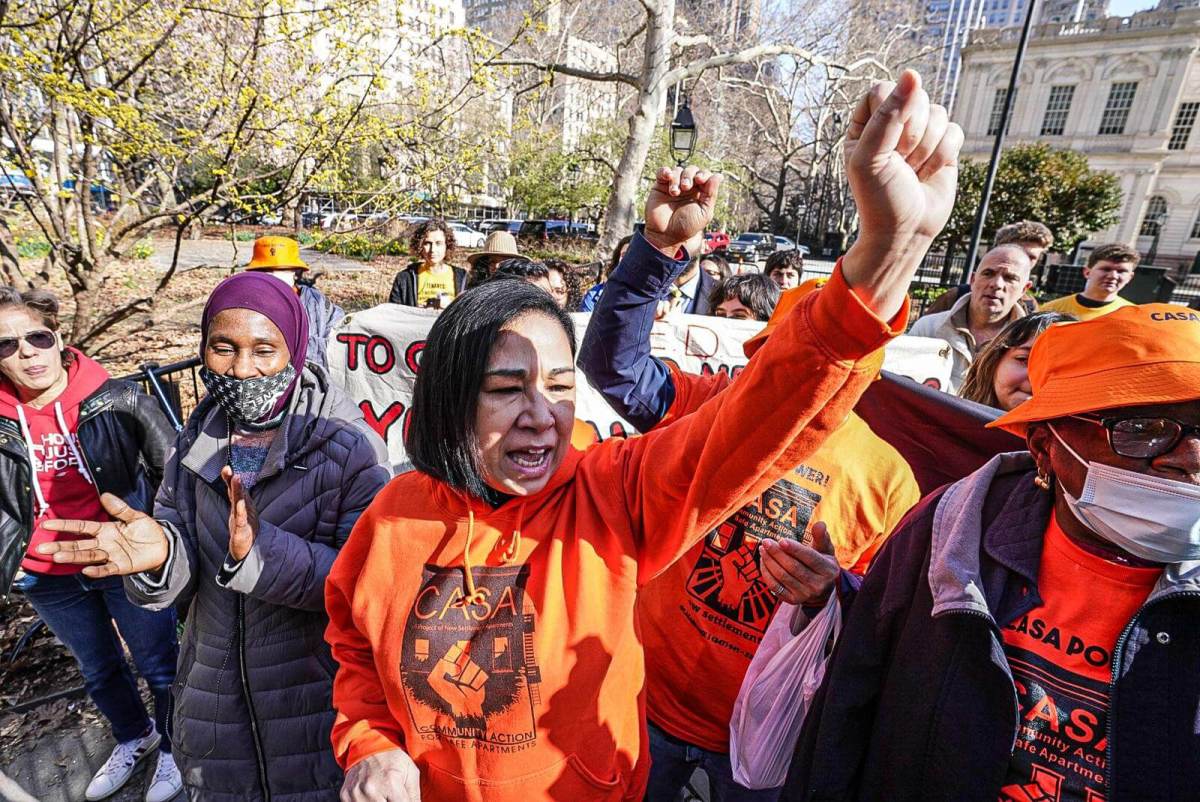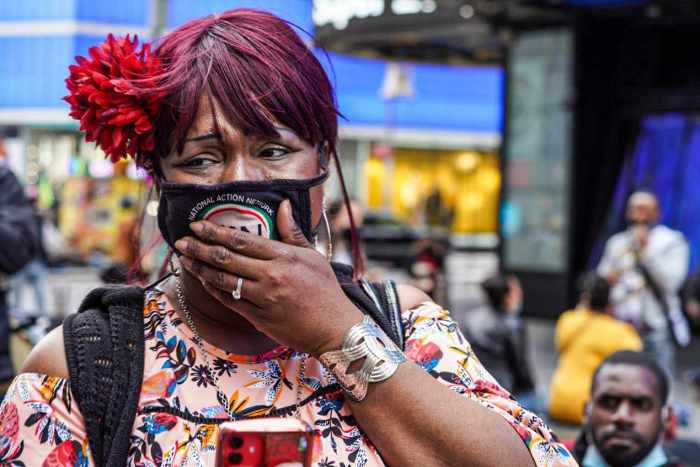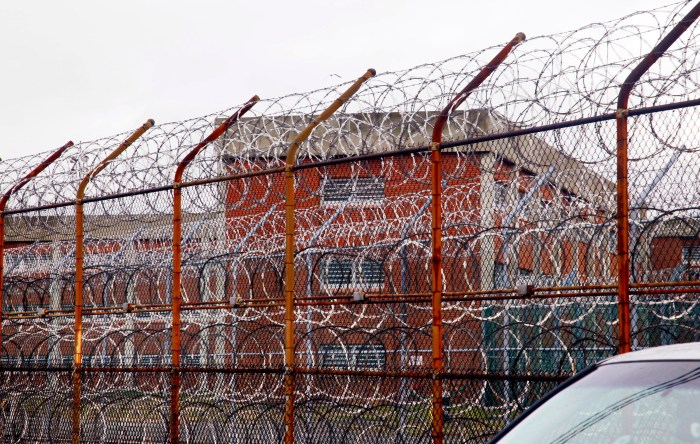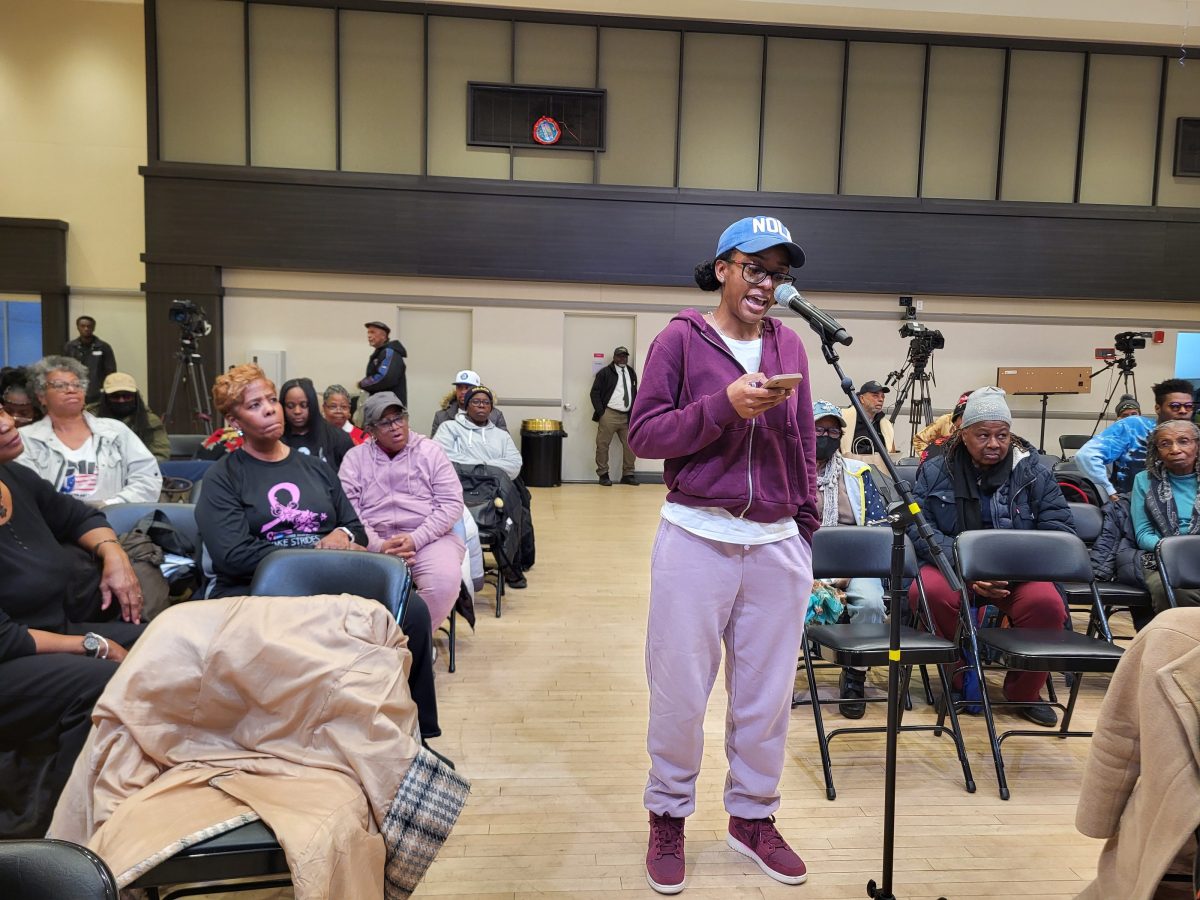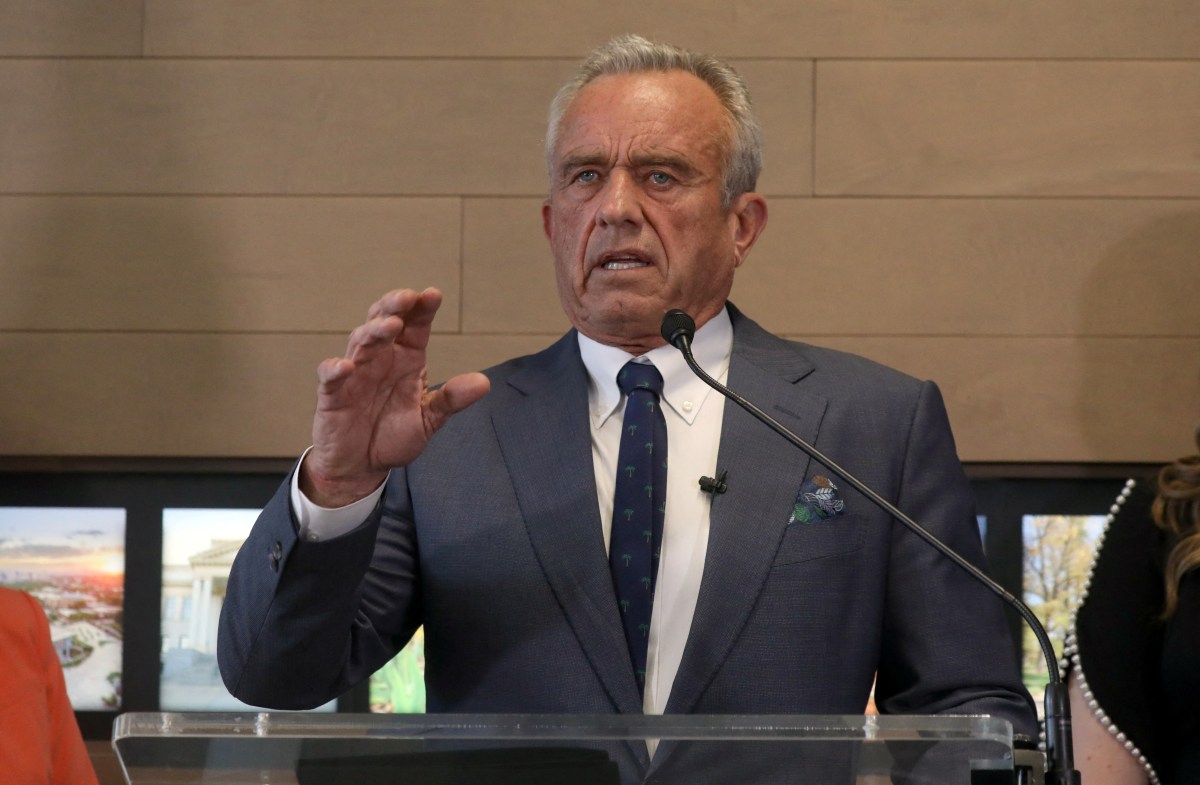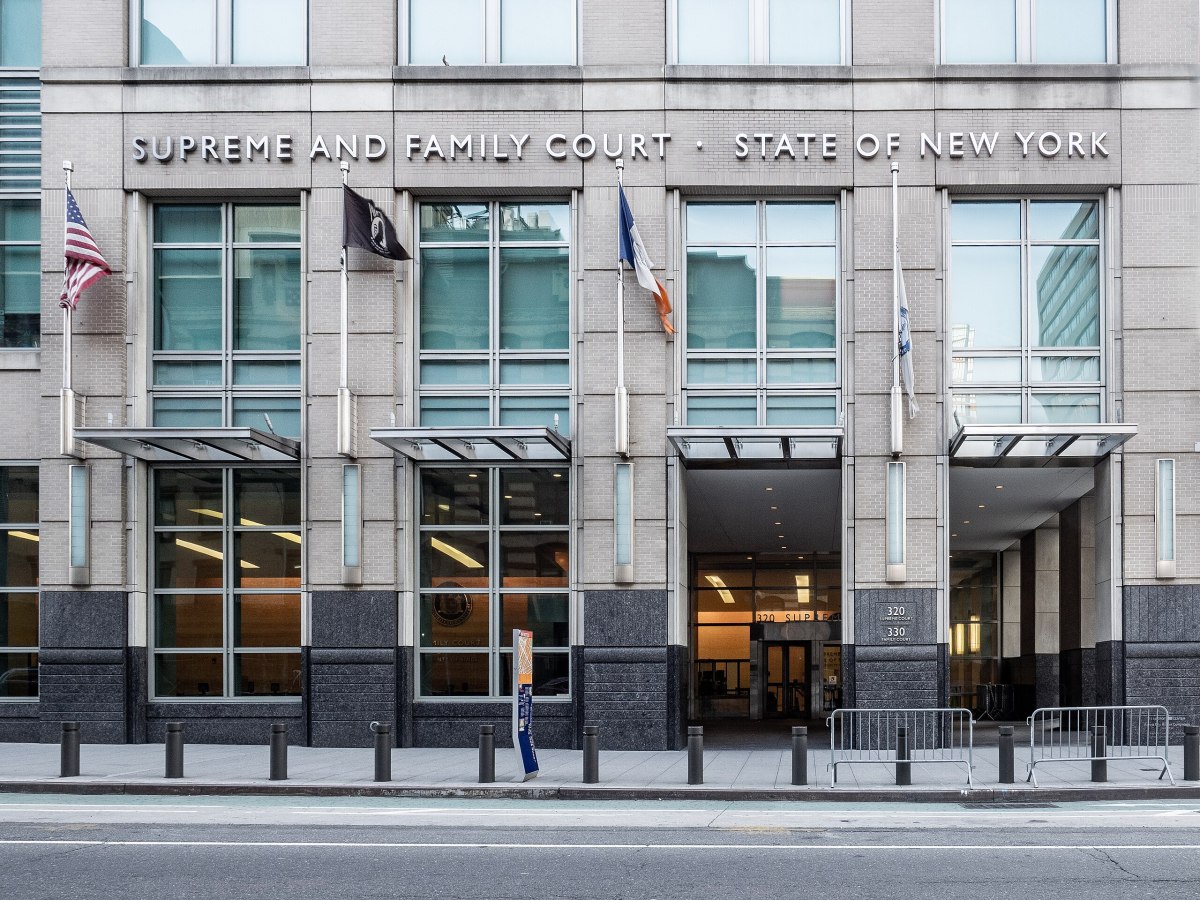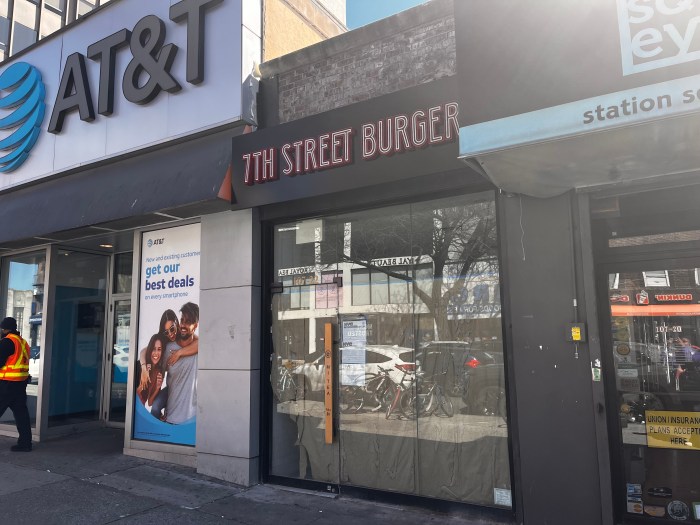One of our city’s most important and effective tenant protections is in the midst of a funding crisis, and low-income New Yorkers are suffering the consequences.
NYC’s landmark Right to Counsel program, launched in 2017, was developed with the intention of ensuring that all low-income New Yorkers could access free legal representation in housing court, preventing unnecessary evictions that contribute to homelessness.
Since 2017, there have been countless examples of the RTC program working as intended to keep New Yorkers housed.
Take, for example, Jei Jan Wu, who contacted The Legal Aid Society over her landlord’s abusive tactics to evict her. For more than two years, Ms. Wu’s landlord waged a harassment campaign that included cutting off her power in midwinter, berating her with slurs, and refusing to correct hazardous conditions in her apartment. Other incidents of harassment that Ms. Wu suffered included the landlord allegedly entering her apartment without permission, destroying her belongings and stealing her mail, and photographing her while she was partially dressed.
RTC attorneys took the case, defeated the landlord’s frivolous eviction lawsuit, cleared Ms. Wu of rental arrears she owed, and secured her additional time to locate a new home with the rental voucher RTC attorneys helped her secure. In a recent interview with the New York Daily News, Wu said she wouldn’t know where she’d be today without Legal Aid’s help.
Ms. Wu is one of tens of thousands of New Yorkers who have been helped by the Right to Counsel program. The positive outcome in Ms. Wu’s case is typical of cases with legal representation; 84% of tenants represented through the RTC program win their cases and are able to avoid evictions that threaten to send them down a path of housing insecurity, financial issues, and homelessness.
Without free representation, the reality for a growing number of New Yorkers is that they will become homeless, growing our overburdened shelter population when we can least afford it.
The need for RTC services has been heightened by the expiration of pandemic-related protections. With the eviction moratorium lifted and slews of people returning to New York, rent prices have skyrocketed in every borough. Also on the rise are eviction filings. The RTC program is at a crisis point. With the current funding level, providers cannot fill staff vacancies, cover costs, or come close to meeting the demand. Contracts cover only one third of cases. RTC simply cannot operate effectively under these conditions.
Further budget shortfalls in the RTC program will continue the trend of high attrition rates and staff vacancies forcing the remaining RTC attorneys to continue turning away more than 10,000 housing court cases in the coming year as the need for legal services will inevitably increase, especially with the enactment of critically needed legislation which expands full legal services in eviction and termination proceeding for any person 60 years of age or older.
It is imperative for the New York City’s Fiscal Year 2024 Budget to allocate $195 million to the funding fairness campaign as a first step to addressing the economic crisis facing service providers. This money, in part, would allow the RTC contracted organizations to continue with their current caseload and meet fixed cost increases. The RTC program at a minimum needs a baseline increase to ensure free legal services are attainable for the City’s most vulnerable facing eviction and termination.
Beyond funding, the City also is due for a desperately needed overhaul of its fraught contracting process which hinders RTC providers (as well as other non-profits who contract with the City) through delays in contract registrations and payments, creating a major cash flow challenge that makes it extraordinarily difficult to make payroll, purchase critical services, or pay vendors on time. This results in late fees and higher vendor prices and disqualifies organizations from lines of credit.
Mayor Eric Adams and Comptroller Brad Lander have both acknowledged this as an issue worthy of addressing, yet have taken little decisive action to make real change.
The RTC program doesn’t just benefit tenants, either. Landlord advocates have shared their support of the program as it helps landlords address eviction filings in a more effective and fair way. Landlord and tenant attorneys working together are more likely to keep people in their homes after an eviction filing by working out payment plans and securing one-shot deals to help tenants make rent payments, and without a tenant attorney, these alternatives to eviction are much more difficult to capture.
There is not one panacea that will fix the homelessness and housing crises in New York City. The construction of more affordable housing will help in the long term, but funding the RTC program will help thousands of low-income New Yorkers avoid homelessness now.
For many New Yorkers, access to an RTC provider is the only thing standing between them and an eviction. We cannot wait to act on this crisis. RTC is an immediate, proven solution that must be prioritized in the City’s upcoming FY24 budget.
Shaun Abreu and Shekar Krishnan both serve on the New York City Council. Abreu’s 7th district encompasses parts of Manhattan, spanning north from the Upper West Side through Morningside Heights, West Harlem, Manhattan Valley, Manhattanville, Hamilton Heights, and Washington Heights. Krishnan’s 25th district encompasses Jackson Heights and Elmhurst, Queens.



